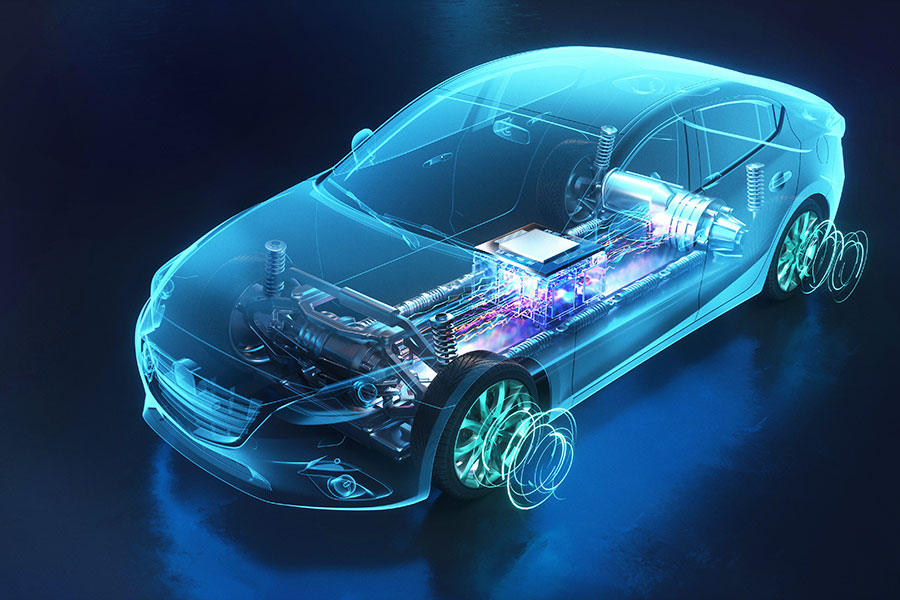
(JW Insights) Jul 12 -- Audi will join hands with partners to set strategic guidelines to promote its development in the electric vehicle field, the German auto giant said in response to rumors it will buy an EV platform of a Chinese carmaker, Yicai Global reported on July 12.

Audi entered China 35 years ago with the commitment to promoting the development of the country’s automobile industry, Audi China told Yicai Global, adding that the Chinese market is now undergoing its biggest change to follow the electrification path.
Audi is in talks with several Chinese EV makers to buy an EV platform to save development time and become more competitive in the Chinese market, Automobilwoche reported on July 9.
Major Chinese modular EV platforms include the sustainable experience architecture platform developed by Geely Holding, BYD’s e-platform 3.0, SAIC Motor’s Nebula, Changan Automobile’s EPA1 platform, Xpeng Motors’ Fuyao, Nio’s NT, and GAC Group’s AEP3.0.
Audi lags behind its rivals, especially in terms of EVs, Oliver Blume, chief executive of its parent company Volkswagen Group, recently said at Volkswagen’s investor day event. Audi postponed its plans to launch new EV models due to serious software issues, Blume added.
Ingolstadt-based Audi plans to introduce 30 EV models globally by 2025, including 20 battery electric car models. Its annual EV output is expected to reach 800,000 units, and its EV sales will likely account for 40 percent of the total in five years, Audi predicted.
Audi needs a modular car platform to cut costs and improve efficiency to reach the above targets. The carmaker does not have its own platform but shares four with other Volkswagen brands: the J1 high-performance EV platform developed by Porsche for Taycan, the modular electric drive matrix of the ID. series, the MLB Evo platform for fuel vehicles, and the Premium Platform Electric that will be produced in China’s Changchun from the end of next year, said the Yicai Global report.
(Yuan XY/Gao J)
RELATED
-
BYD plans to establish a sodium-ion battery plant in eastern China’s Xuzhou with an investment of RMB10 billion ($1.4 billion)
11-20 17:51 -
European Commission President von der Leyen will visit China in wake of the EU’s ongoing probe into China’s subsidies on EV industries
11-20 16:59 -
Chinese auto giant Changan Automobile plans to launch eight self-developed battery cells in the future
11-20 16:26
READ MOST

No Data Yet~







